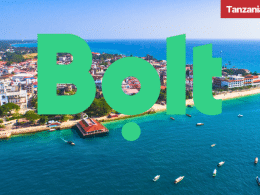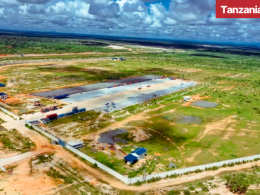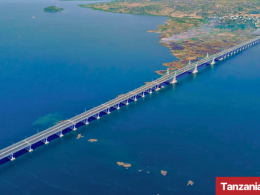On 16th January 2021, Tanzania and Burundi signed a Memorandum of Understanding (MoU) to build a 282-kilometer portion of the Standard Gauge Railway (SGR) linking Gitega, the capital of Burundi, to Uvinza in western Tanzania.
From there, the SGR will connect Burundi to the Indian Ocean at the port of Dar es Salaam.
The agreement was signed by Tanzania’s Minister for Finance and Planning Mwigulu Nchemba, Tanzania’s Minister for Works and Transport Makame Mbarawa, and Burundi’s Minister for Infrastructures, Equipment and Social Housing Deogratius Nsanganiyumwami, and Burundi’s Minister for Finance, Budget and Economic Planning Domitien Ndihokubwayo.
During the signing ceremony, Minister Nchemba clarified that the two governments will jointly seek financing for the railway, adding that the final cost will likely not exceed USD 900 million.
Tanzania will reportedly construct a 156-kilometer section of the Tanzania-Burundi SGR railway line, from the town of Malagarasi to Uvinza, while Burundi will construct a 126-kilometer stretch from Uvinza to Gitega.
Tanzania Standard Gauge Railway (SGR)
Tanzania is currently expanding the country’s rail network with the construction of a Standard Gauge Railway (SGR) to replace the old, inefficient meter-gauge railway system.
The Standard Gauge Railway (SGR) has the ability to carry heavy loads by high speed as opposed to the current Meter gauge Railway (MGR).
The SGR will link Tanzania, from the port of Dar es Salaam, to the neighboring countries of Rwanda, Burundi, and the Democratic Republic of the Congo.










